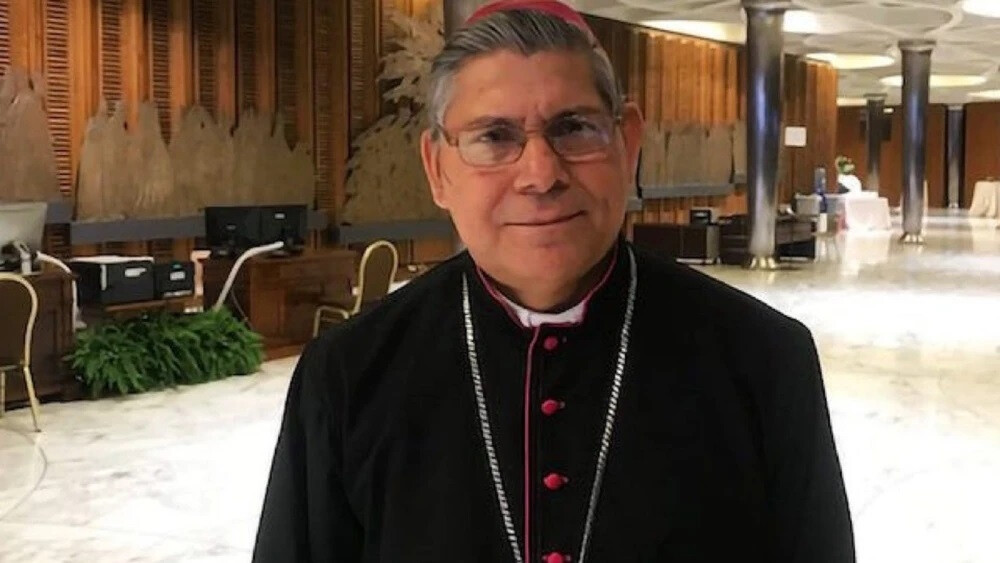
The Nicaraguan government is continuing its unprecedented crackdown on religious groups, including the Catholic Church. According to a report published on September 7, 2025 (local time) by the human rights organization "Colectivo Nicaragua Nunca Más," the current regime led by President Daniel Ortega and his wife has forced at least 261 religious individuals into exile or asylum since 2018.
Expelled High-Ranking Clergy
The list of those expelled includes numerous high-ranking clerics such as Bishop Carlos Enrique Herrera, president of the Nicaraguan Bishops' Conference, as well as Bishops Silvio Báez, Rolando Álvarez, and Isidoro Mora. Bishop Rolando Álvarez, in particular, was sentenced to 26 years and 4 months in prison for "treason" before being expelled, drawing strong criticism from the international community. Additionally, diplomatic relations between Nicaragua and the Vatican have deteriorated sharply, beginning with the expulsion of papal nuncio Monsignor Waldemar Stanislaw Sommertag in March 2022. The expelled religious figures are reported to include over 140 priests, more than 90 nuns, and about 10 seminarians.
Closure of NGOs and Media
In addition to the persecution of religious individuals, the Ortega government has shut down a total of 5,609 non-profit organizations (NGOs) between 2018 and 2025. Of these, 1,294 were religious organizations operating churches, universities, schools, and medical facilities. The assets of most of these closed organizations were confiscated. Telcor, Nicaragua's telecommunications regulatory body, has also shut down at least 54 media outlets, of which 22 were religious broadcasters and radio stations. These measures have affected not only the Catholic Church but also other religious groups, including Protestants, leading to the closure of large churches, the arrest and expulsion of pastors, and the control of religious events.
Background of the Crackdown: The 2018 Anti-Government Protests
This religious persecution stems from the nationwide anti-government protests in 2018. At that time, the Catholic Church played an active humanitarian role by mediating dialogue between the government and protesters and providing refuge to the injured. As a result, the Ortega government came to view the Church as a "direct threat to the regime's survival" and began implementing policies to restrict religious freedom on a national scale.
President Ortega has publicly denounced the Church as a "mafia" and clerics as "bishops of Satan." Tensions reached their peak in March 2023 when Pope Francis strongly criticized the Ortega regime, calling it a "savage dictatorship." This conflict serves as a stark example of the clash between the social role of religion and state power, raising concerns within the international community.
[Copyright (c) Global Economic Times. All Rights Reserved.]




























